Here's a good refresher article....
The glass-and-metal building that Solyndra began erecting alongside Interstate 880 in Fremont in September 2009 was something Silicon Valley hadn’t seen in years: a new factory.
It wasn’t just any factory. When it was completed at an estimated cost of $733 million, including proceeds from a $535 million U.S. loan guarantee, it covered 300,000 square feet, the equivalent of five football fields. It had robots that whistled Disney tunes, spa-like showers with liquid-crystal displays of the water temperature, and glass-walled conference rooms.
“The new building is like the Taj Mahal,” said John Pierce, 54, a San Jose resident who worked as a facilities manager at Solyndra.
We also found that the Department’s due diligence efforts were less than fully effective. At various points during the loan guarantee process, Solyndra officials provided certain information to the Department that, had it been considered more closely, would have cast doubt on the accuracy of certain of Solyndra’s prior representations. In these instances, the Department missed opportunities to detect and resolve indicators that portions of the data provided by Solyndra were unreliable. In the end, however, the actions of the Solyndra officials were at the heart of this matter, and they effectively undermined the Department’s efforts to manage the loan guarantee process. In so doing, they placed more than $500 million in U.S. taxpayers’ funds in jeopardy.
While not the focus of the investigation, we were mindful of the concerns that had been raised regarding possible political pressure applied in the Solyndra decision-making process. Employees acknowledged that they felt tremendous pressure, in general, to process loan guarantee applications. They suggested the pressure was based on the significant interest in the program from Department leadership, the Administration, Congress, and the applicants.
The Infrastructure Investment and Jobs Act, passed by a bipartisan vote last year is now being implemented by the good political drones at DOE. The IIJA gave DOE $2.5 Billion for its new Transmission Facilitation Program. The "program" makes available new loans, public-private partnerships where the government kicks in some of your money to fund for-profit merchant transmission, and capacity contracts for new merchant transmission. DOE seemed pretend surprised at a recent webinar that the only provision of the program that anyone is interested in is the capacity contracts.
The DOE has authority to sign capacity contracts with new transmission projects. The capacity contract will purchase room on the transmission project to transmit electricity, however DOE doesn't serve any electric customers and has no use for it. It will simply pay for something it will never use. This purchase is supposed to inspire others to also buy capacity on the transmission project. However, if these others had any use for the capacity, they could purchase it themselves without DOE involvement. The problem is that nobody wants to purchase capacity on speculative merchant transmission projects. DOE is likely to be the only "customer" propping up an unused and unneeded road to nowhere... through your backyard and productive agricultural property.
A merchant transmission project, first and foremost, must accept all financial risk for its unneeded, speculative project. There can be no captive customers. A successful merchant may negotiate rates with voluntary customers who may find its project useful. But what if nobody finds it useful? Then it fails, and the merchant loses his investment. But, not anymore.... the federal government is going to step in to financially prop it up using your money. This means we're going to suffer a lot more greedy merchants, stuffed egos with childish hairdos who belong to the elite political party in power. These new elite rulers will spend their capacity contract money however they like... ugly orange offices with pictures of dead rock stars, renovated fire houses, and a lavish lifestyle on a fat salary playing transmission make-believe.
Does all this make you furious? It should. Michael Skelly's next transmission brain fart will be perpetrated on your dime. Fortunately, you can tell DOE what you think about their new Transmission Facilitation Program during a public comment period that only runs until June 13. Submitting a comment is quick and easy using this online form (click the little blue "comment" box at the top). You can even make your comment anonymous.
Have at it, folks! Maybe Skelly's new robots will come programmed with a funeral dirge for his new ideas.
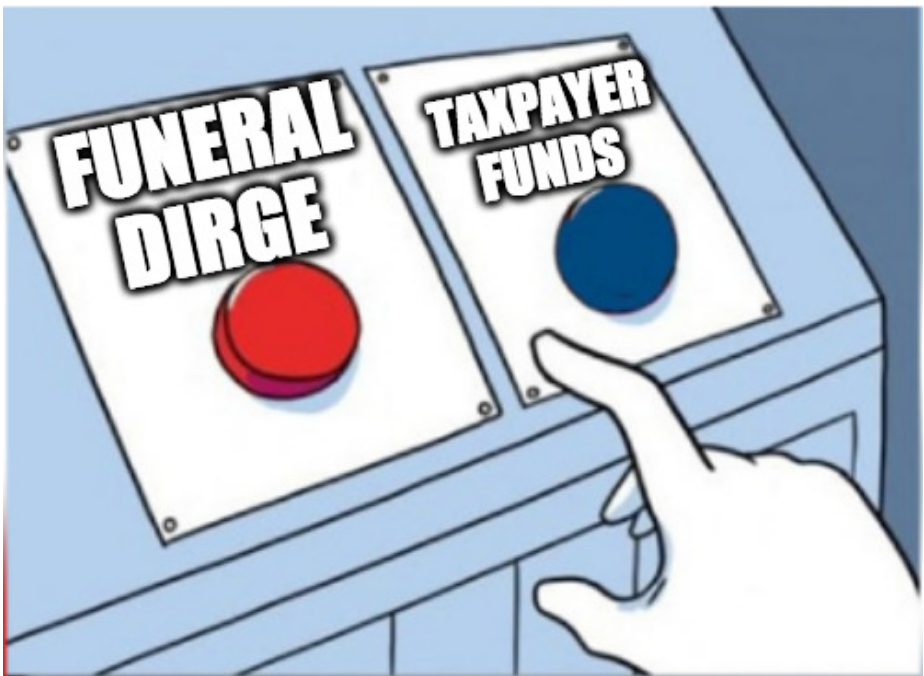

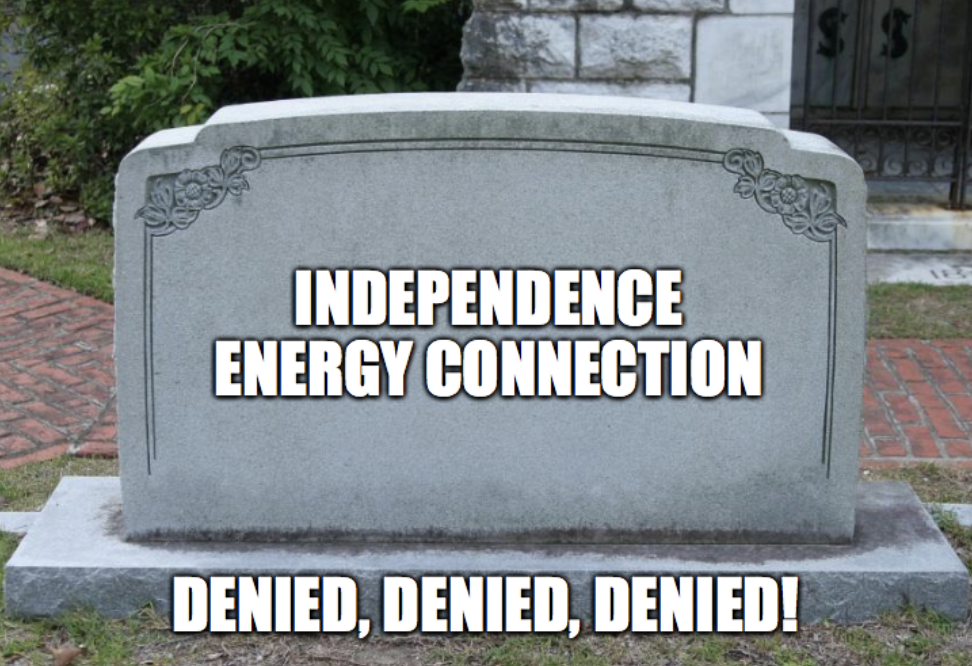


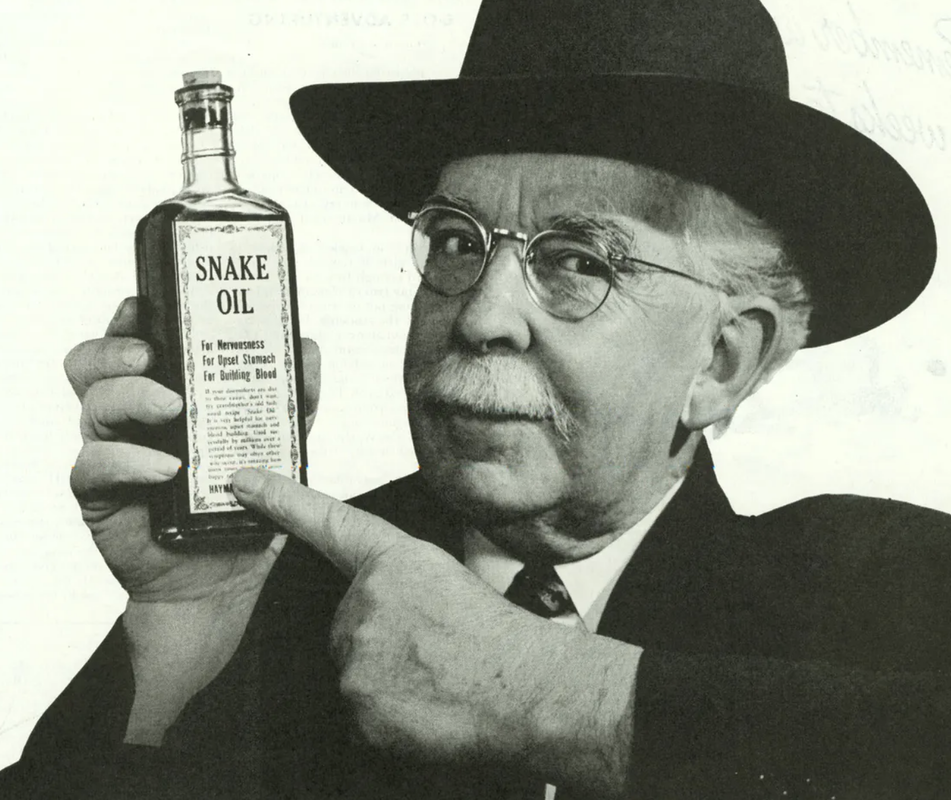
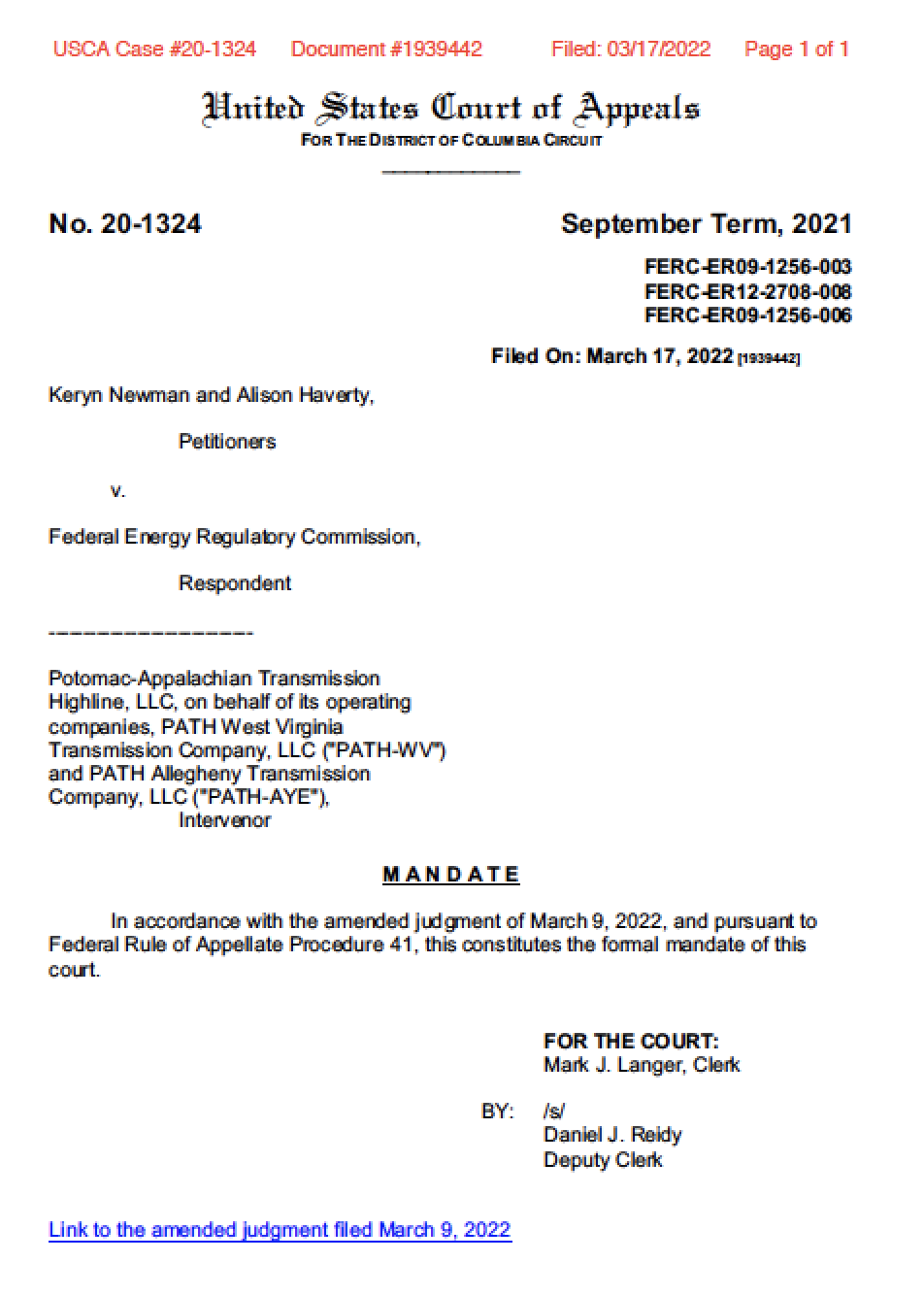
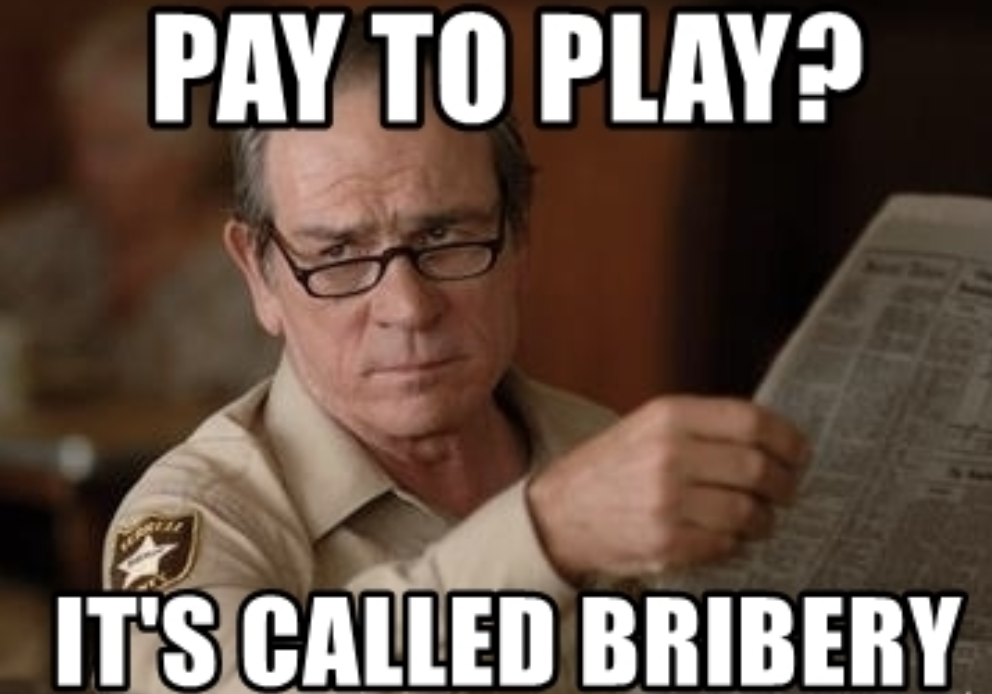

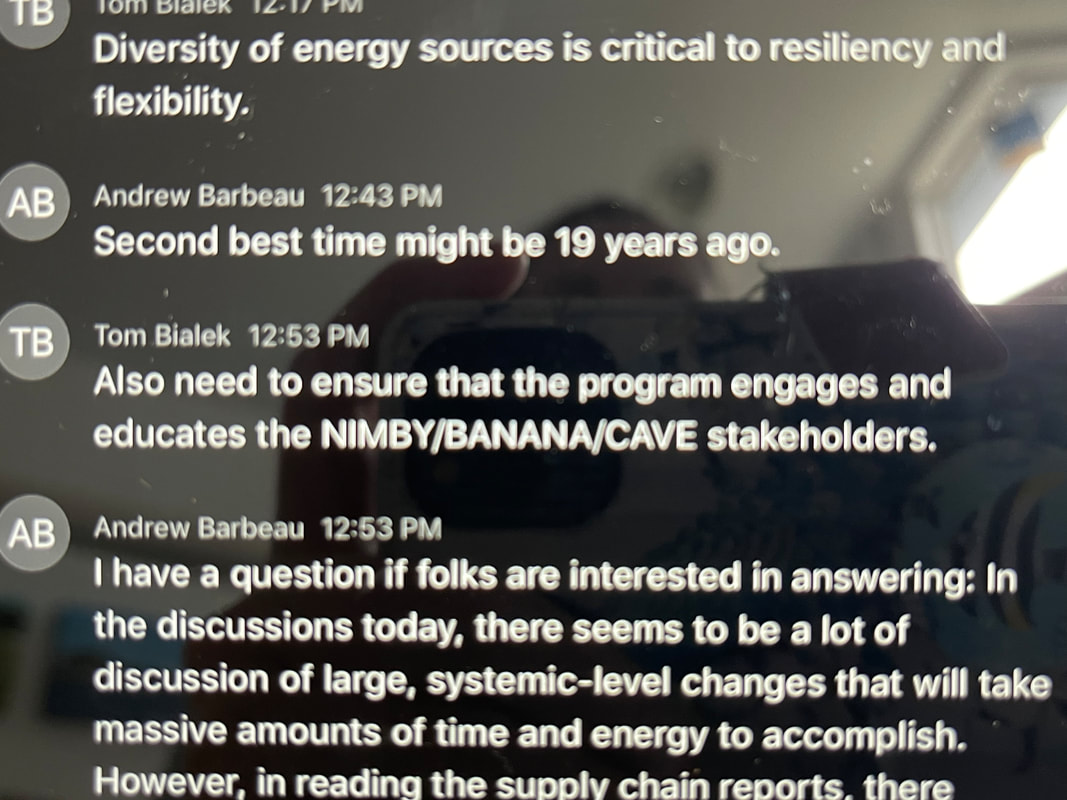
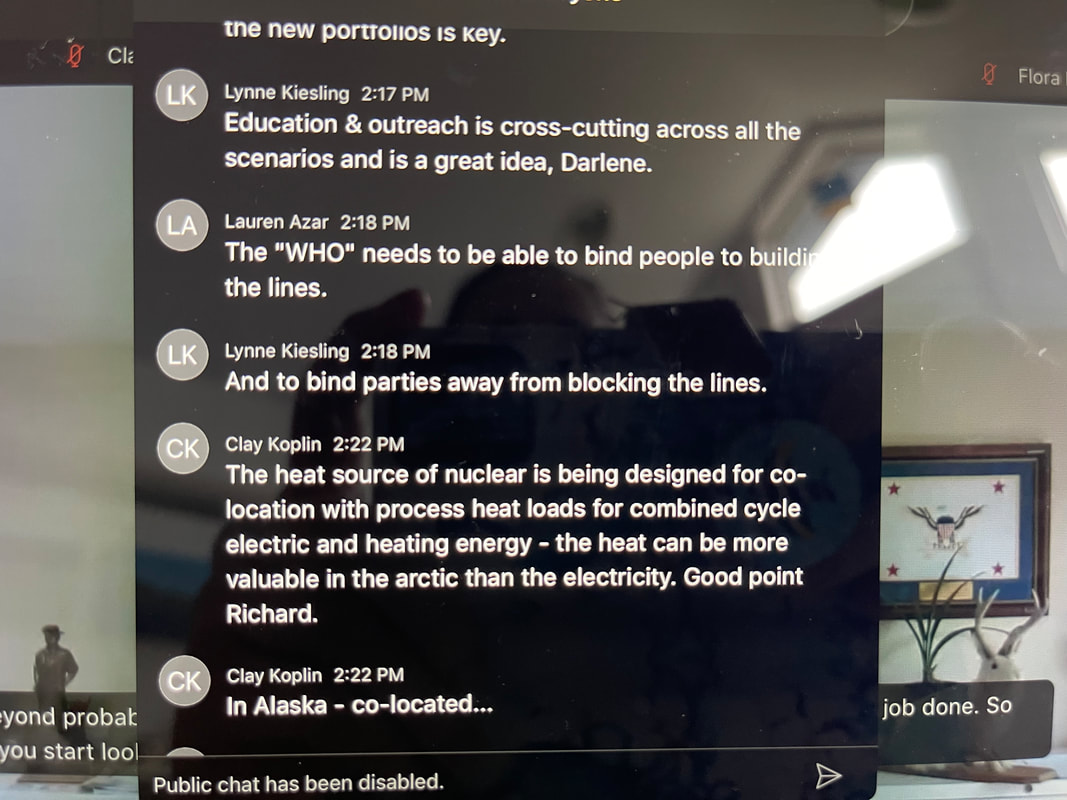
 RSS Feed
RSS Feed